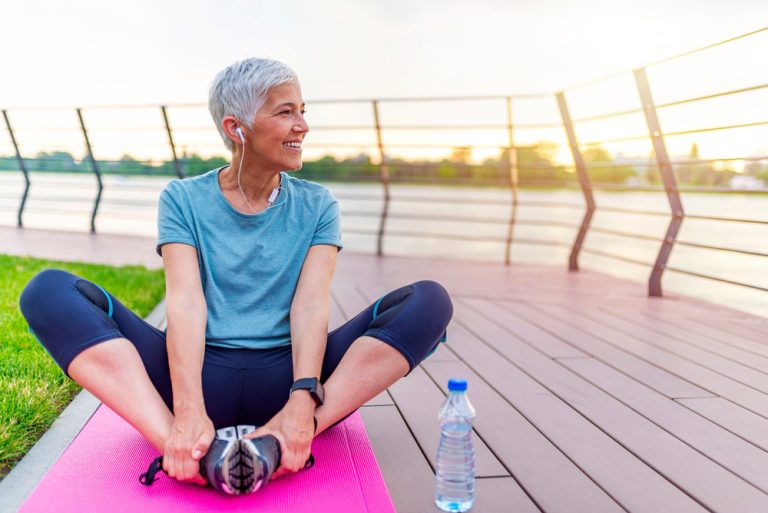
You’ve reached that age when each day feels more precious. A time when we more often contemplate what it means to enjoy the best quality of life possible. It’s an important question, especially now that older adults are living longer than ever before. According to Statista, as of 2019, on average, males who reach age 65 are living to 83 and beyond. Women who reach age 65 are living to 85 and older.
What Does Quality of Life Mean?
Interestingly, while quality of life (referred to as QoL in research lingo) typically has a variety of definitions among younger people, a 2019 study by the National Institutes of Health (NIH) found older participants tended to share a definition with common themes.
Older participants described a good QoL as:
- Being healthy
- Having peace
- Living in harmony
- Feeling happy
- Feeling secure financially and emotionally
- Being satisfied with life/enjoy life
- Keeping busy, whether with hobbies, volunteer service or work
- Having social relationships/attachments
- Having the freedom and ability to do what they wanted without restriction
In short, the most important aspect of a high quality of life for senior citizens was a preserved self and meaning in existence or, to put it more simply, having a sense of purpose.
Quality of Life and Depression
Why do older adults define QoL differently than younger people? A QoL study conducted by Pew Research concluded the reason may be that older persons have a higher likelihood of negative experiences with life challenges such as loss, health-related issues, loneliness, pain, and/or lost sense of purpose in their day-to-day lives.
Unfortunately, not experiencing QoL can result in depression. For as many as 6 million people in the United States ages 65 and older, poor QoL can result in late-in-life depression, but only 10% get treatment.
Older people may not have the obvious symptoms of depression. Instead, they may:
- Feel tired
- Have trouble sleeping
- Be grumpy or irritable
- Feel confused
- Struggle to pay attention
- Not enjoy activities they used to
- Move more slowly
- Have a change in weight or appetite
- Feel hopeless, worthless or guilty
- Endure aches and pains
- Have suicidal thoughts
Discover the Move that Can Improve Your Quality of Life
With the right support, realizing and maintaining a good quality of life is quite achievable for elderly people. One way to check all the boxes on the QoL checklist developed out of the NIH study is to move to a senior living community like Fellowship Village. In these beautiful, inspiring surroundings, quality of life is celebrated and emphasized across all aspects of daily living.
Fellowship Village’s lifestyle focuses on 7 Dimensions of Wellness:
- Physical
- Emotional
- Social
- Intellectual
- Environmental
- Spiritual
- Vocational
It’s also important to do more than celebrate these aspects of wellness. They must be supported by activities and amenities that offer unlimited opportunities to realize a higher quality of life. At Fellowship Village, for example, residents can participate in a variety of wellness programs that result in improved physical and emotional health and that all-important sense of purpose that is at the heart of how older adults define quality of life.
FellowshipLIFE Is Ready to Welcome You Home
If you’d love to live your best quality of life, consider becoming part of a FellowshipLIFE vibrant senior living community. With multiple locations in New Jersey, we are confident you will find the perfect senior living community to give you the quality of life you are seeking. Contact us for more information today. We’d love to have you here!




